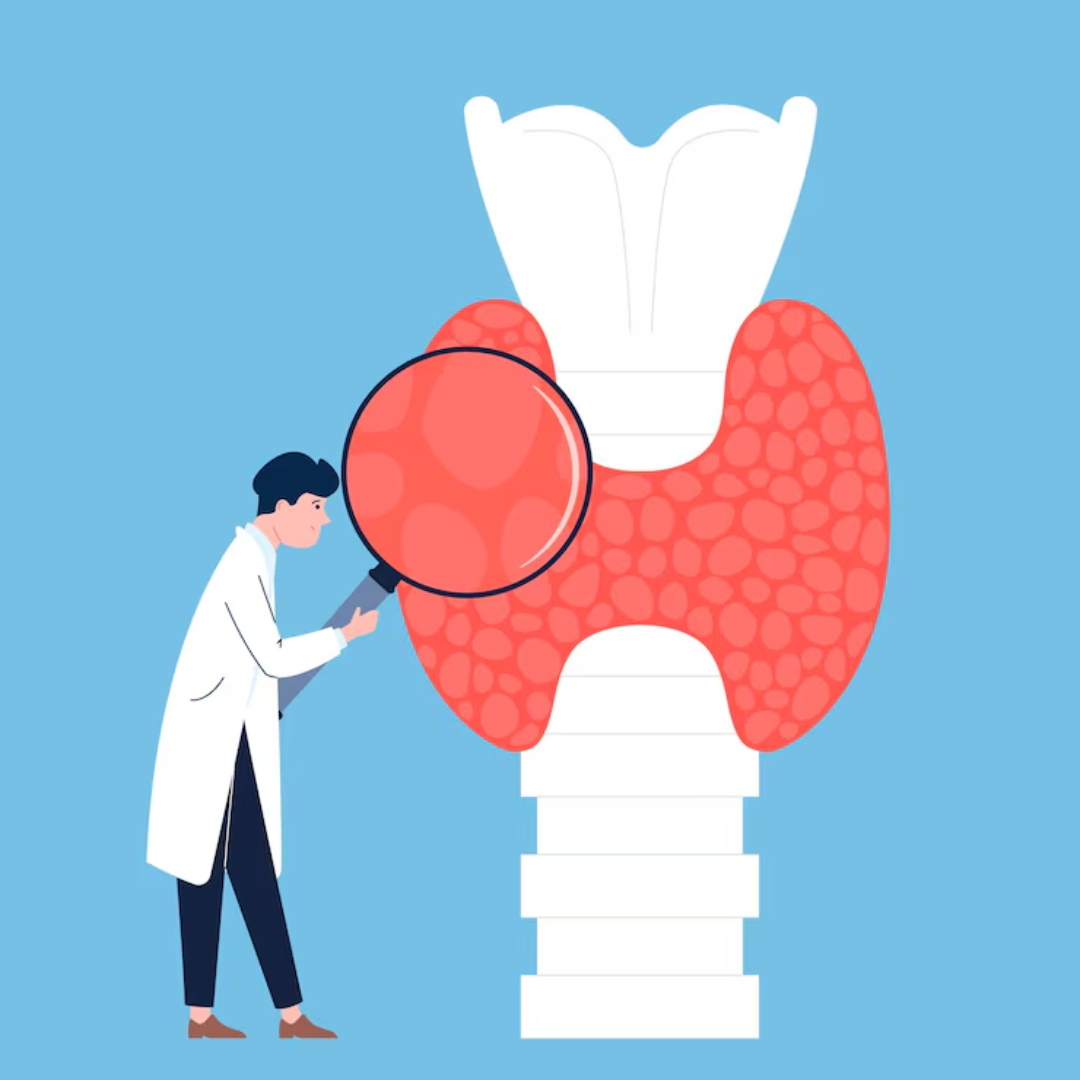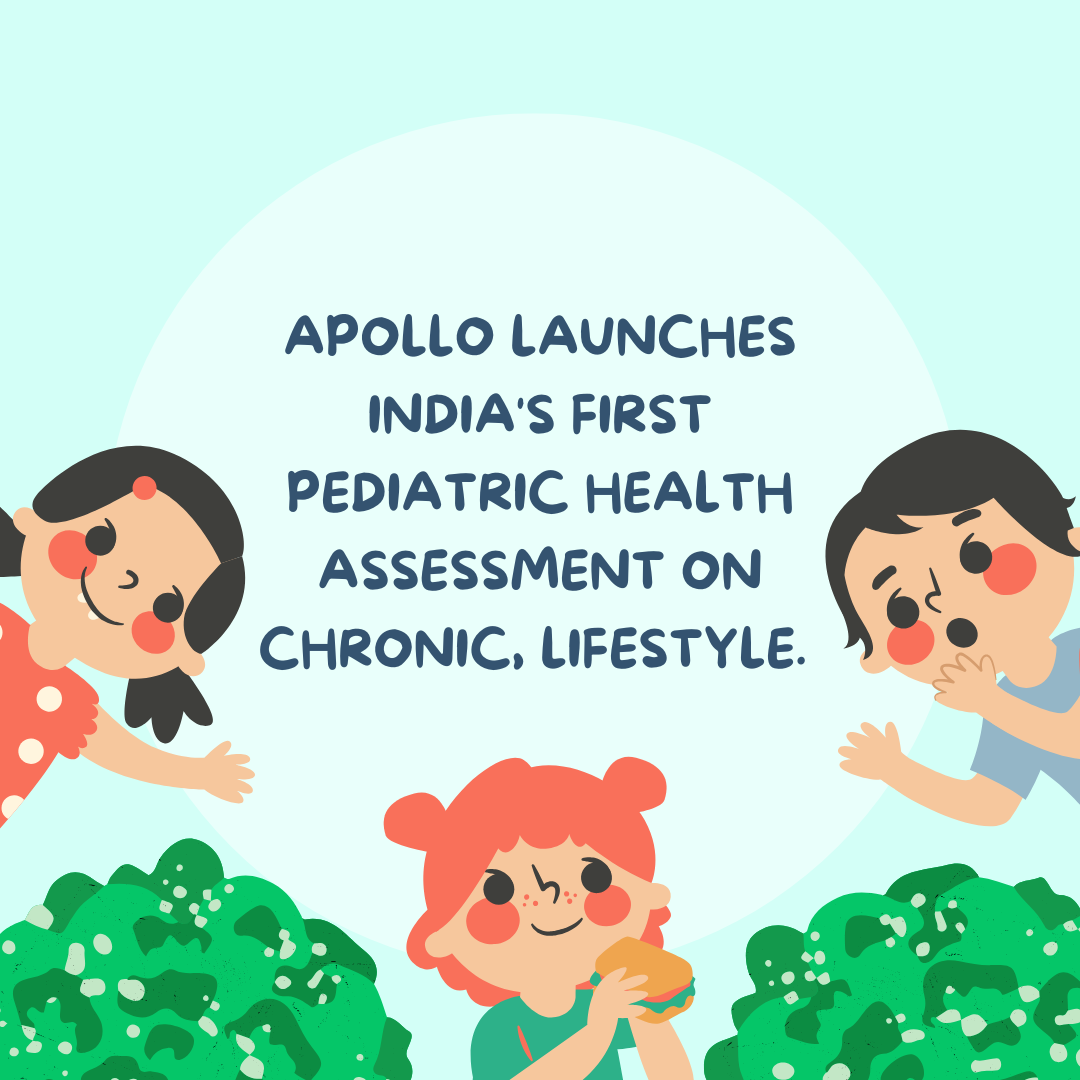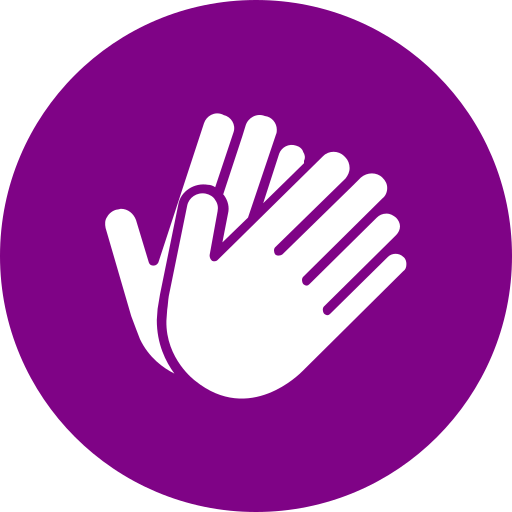Hi, I’m Dr. Anjali – Consultant Hematologist.
Every day, I look at what many take for granted — blood.
But to me, it’s never “just blood.”
It’s a mirror of your health, a messenger of disease, and often, a silent cry for help.
From diagnosing leukemia in a young patient to managing lifelong conditions like thalassemia or hemophilia, I’ve learned that every drop has a story.
And I’m here to listen to it.
💉 I work with:
Patients undergoing bone marrow transplants
Children with genetic blood disorders
Adults with unexplained fatigue, clotting issues, or abnormal CBCs
Cancer patients managing post-chemotherapy blood complications
🧬 Hematology is not just about diagnosis — it’s about guiding patients through uncertainty with evidence, empathy, and hope.
If you’re a fellow doctor, lab, or medical platform — I’d love to connect and collaborate.
If you’re a patient or caregiver — I’m here to help you find clarity, comfort, and care.
Let’s make invisible illnesses more visible.
Let’s give blood the attention it deserves.
#Hematology #BloodHealth #HematologistLife #PatientCare #CancerCare #Thalassemia #BloodDisorders #DseideNetwork #DoctorPerspective #MedicalVoice
Every day, I look at what many take for granted — blood.
But to me, it’s never “just blood.”
It’s a mirror of your health, a messenger of disease, and often, a silent cry for help.
From diagnosing leukemia in a young patient to managing lifelong conditions like thalassemia or hemophilia, I’ve learned that every drop has a story.
And I’m here to listen to it.
💉 I work with:
Patients undergoing bone marrow transplants
Children with genetic blood disorders
Adults with unexplained fatigue, clotting issues, or abnormal CBCs
Cancer patients managing post-chemotherapy blood complications
🧬 Hematology is not just about diagnosis — it’s about guiding patients through uncertainty with evidence, empathy, and hope.
If you’re a fellow doctor, lab, or medical platform — I’d love to connect and collaborate.
If you’re a patient or caregiver — I’m here to help you find clarity, comfort, and care.
Let’s make invisible illnesses more visible.
Let’s give blood the attention it deserves.
#Hematology #BloodHealth #HematologistLife #PatientCare #CancerCare #Thalassemia #BloodDisorders #DseideNetwork #DoctorPerspective #MedicalVoice
Hi, I’m Dr. Anjali – Consultant Hematologist.
Every day, I look at what many take for granted — blood.
But to me, it’s never “just blood.”
It’s a mirror of your health, a messenger of disease, and often, a silent cry for help.
From diagnosing leukemia in a young patient to managing lifelong conditions like thalassemia or hemophilia, I’ve learned that every drop has a story.
And I’m here to listen to it.
💉 I work with:
Patients undergoing bone marrow transplants
Children with genetic blood disorders
Adults with unexplained fatigue, clotting issues, or abnormal CBCs
Cancer patients managing post-chemotherapy blood complications
🧬 Hematology is not just about diagnosis — it’s about guiding patients through uncertainty with evidence, empathy, and hope.
If you’re a fellow doctor, lab, or medical platform — I’d love to connect and collaborate.
If you’re a patient or caregiver — I’m here to help you find clarity, comfort, and care.
Let’s make invisible illnesses more visible.
Let’s give blood the attention it deserves.
#Hematology #BloodHealth #HematologistLife #PatientCare #CancerCare #Thalassemia #BloodDisorders #DseideNetwork #DoctorPerspective #MedicalVoice












